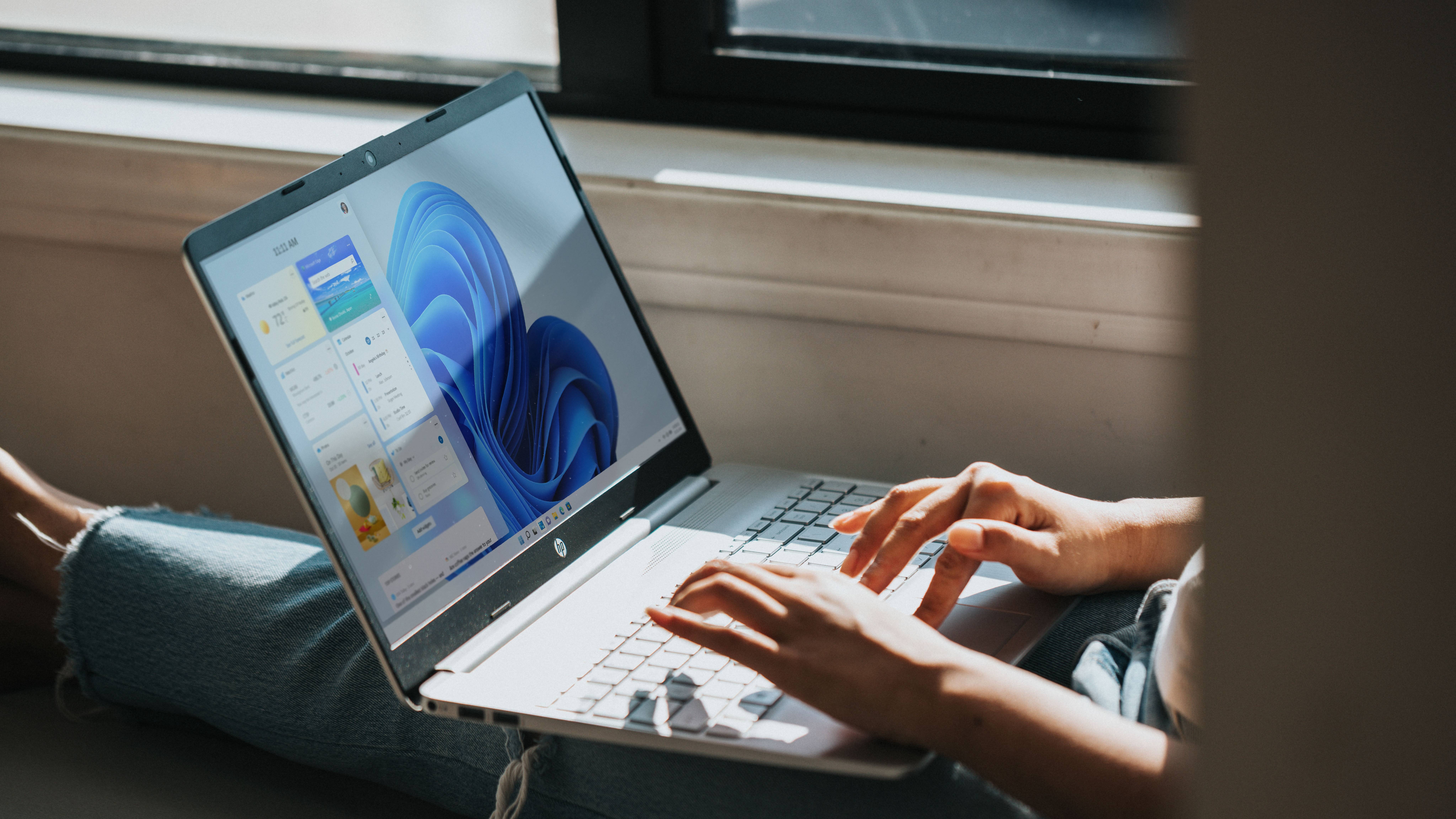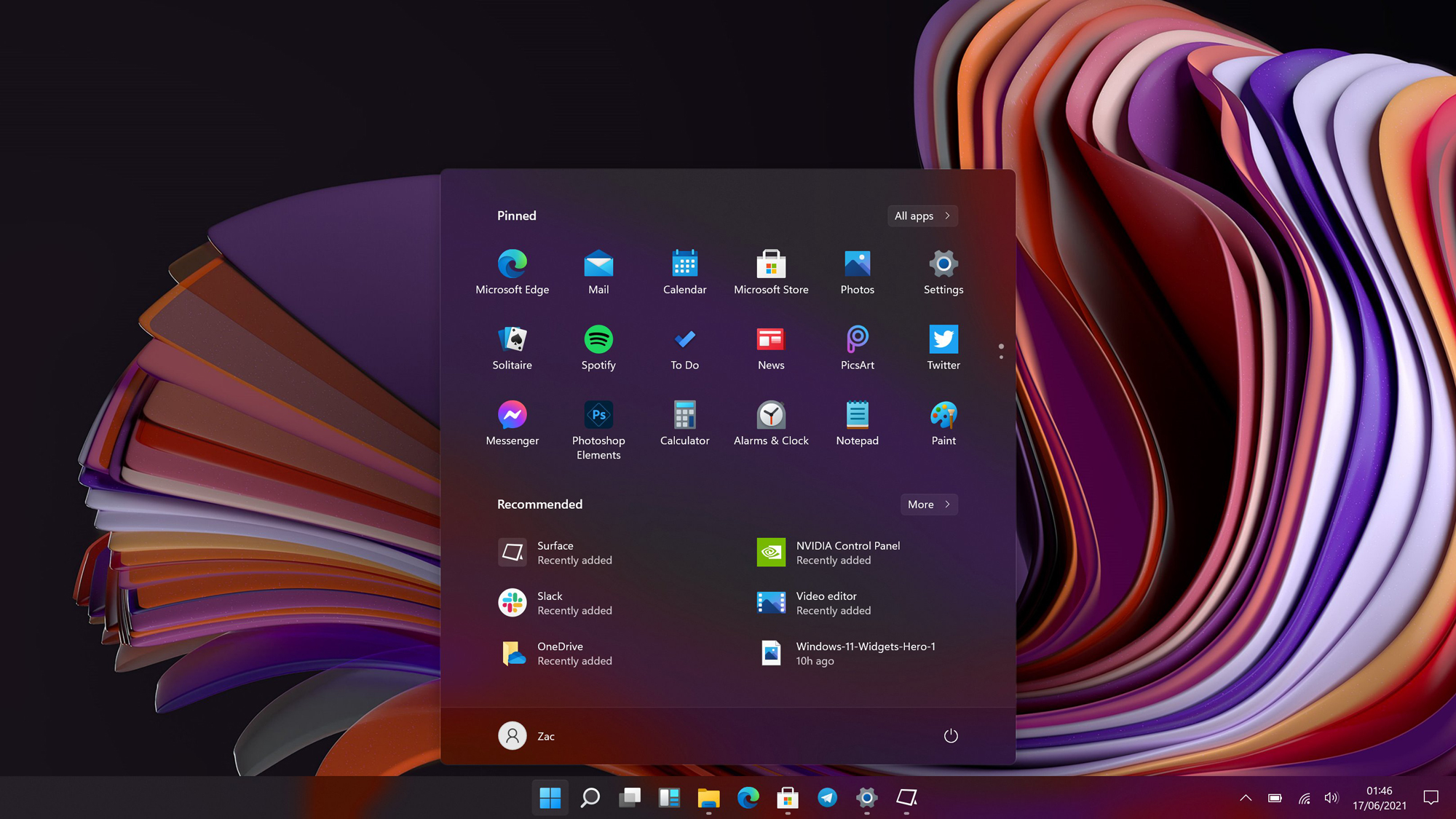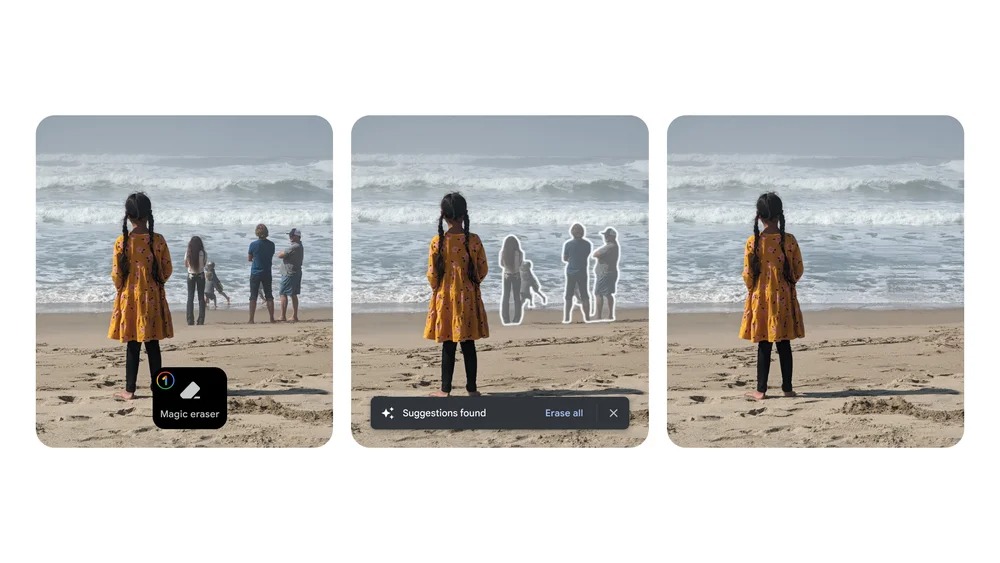3 features in the new 'Windows 12' leak we can’t wait to have — here’s what we know
A new leak offered several insights into Windows 12 and beyond

Sign up to receive The Snapshot, a free special dispatch from Laptop Mag, in your inbox.
You are now subscribed
Your newsletter sign-up was successful
Despite Windows 11 only arriving in 2021, we've seen multiple rumors about a Windows 12 arrival in 2024, so it should come as no surprise that leaks about Microsoft's next-gen OS are picking up.
The latest comes from Windows Central, with the perenially plugged-in Zac Bowden offering up a slew of leaks from "sources familiar with Microsoft's plans." The report centers around a renewed focus from Microsoft to modernize the Windows platform with a project calls CorePC and there are a few particularly intriguing details.
1. CorePC transforms Windows into a modular OS
This is the heart of the project and while it may not sound exciting, it's implications are massive. The idea is that Windows is broken up into multiple pieces which can be used as needed by relevant devices.
So if you have a full-powered traditional laptop that would get the entire Windows desktop experience. If, however, you have a low-powered laptop akin to a Chromebook, it could feature just the Windows OS components necessary to run the Edge browser, web apps, Android apps, and Office apps. This would allow for a much more lightweight installation on these devices.
Windows has historically been weighed down by the need for legacy support, this would allow Microsoft to maintain that support where needed without dragging the entire OS down with it.

2. Faster updates and improved security
Sure, this is always the promise with a new OS, but there's a clearer path to this reality with the strategy that Microsoft is laying out here.
The state separation that Bowden's sources indicate is coming with this new CorePC initiative splits different pieces of the OS into distinct partitions, rather than having the entire OS on a single partition as it is today. This would allow Microsoft to leave some partitions as read-only partitions that are inaccessible to the user, and more importantly third-party apps, offering a greater degree of security.
Sign up to receive The Snapshot, a free special dispatch from Laptop Mag, in your inbox.
In addition, state separation allows Microsoft to have updates going on in the background as your system is running normally, with a reboot only needed at the very end of that process to complete the update. So no more system shutdowns for minutes on end as you wait for updates to complete, it should be little more than a typical restart.

3. AI-infused OS
No surprise here as we've seen AI become a central focus for mobile chipsets and operating systems over the last several years and it's been clear that the same transition is coming to laptops with Intel, AMD, and Qualcomm all hammering home the AI capabilities in their latest chips.
Some of the features that Bowden indicates Microsoft is working on in this area include "the ability for Windows Windows to analyse content on display and provide contextual prompts to jumpstart projects or apps based on the information that’s currently being viewed. Windows may also be able to identify objects and text within images, and allow the user to easily cut out and paste those items elsewhere."
Some of this is enabling entirely new experiences, but AI also can simply speed up the things we already do with our laptops by understanding what it is we are going to do next. So an AI-enhanced OS is something that benefits every user, regardless of your use case.
Now some of these features are going to be dependent on dedicated hardware, so it may mean upgrading your laptop to enjoy all of the latest and greatest features, but Microsoft will surely share more as we get closer.
Outlook
According to Bowden Microsoft hopes to have CorePC ready in time for the 2024 release of Windows 12, or whatever Microsoft decides to call it. However, that is far from guaranteed, as we are still about 18 months from that launch.
We'll keep you updated on all of the latest leaks, rumors, and updates regarding Windows 12 as it draws nearer, but Microsoft has our interest piqued with this potentially fundamental shift to how Windows works at its core.
Sean Riley has been covering tech professionally for over a decade now. Most of that time was as a freelancer covering varied topics including phones, wearables, tablets, smart home devices, laptops, AR, VR, mobile payments, fintech, and more. Sean is the resident mobile expert at Laptop Mag, specializing in phones and wearables, you'll find plenty of news, reviews, how-to, and opinion pieces on these subjects from him here. But Laptop Mag has also proven a perfect fit for that broad range of interests with reviews and news on the latest laptops, VR games, and computer accessories along with coverage on everything from NFTs to cybersecurity and more.

